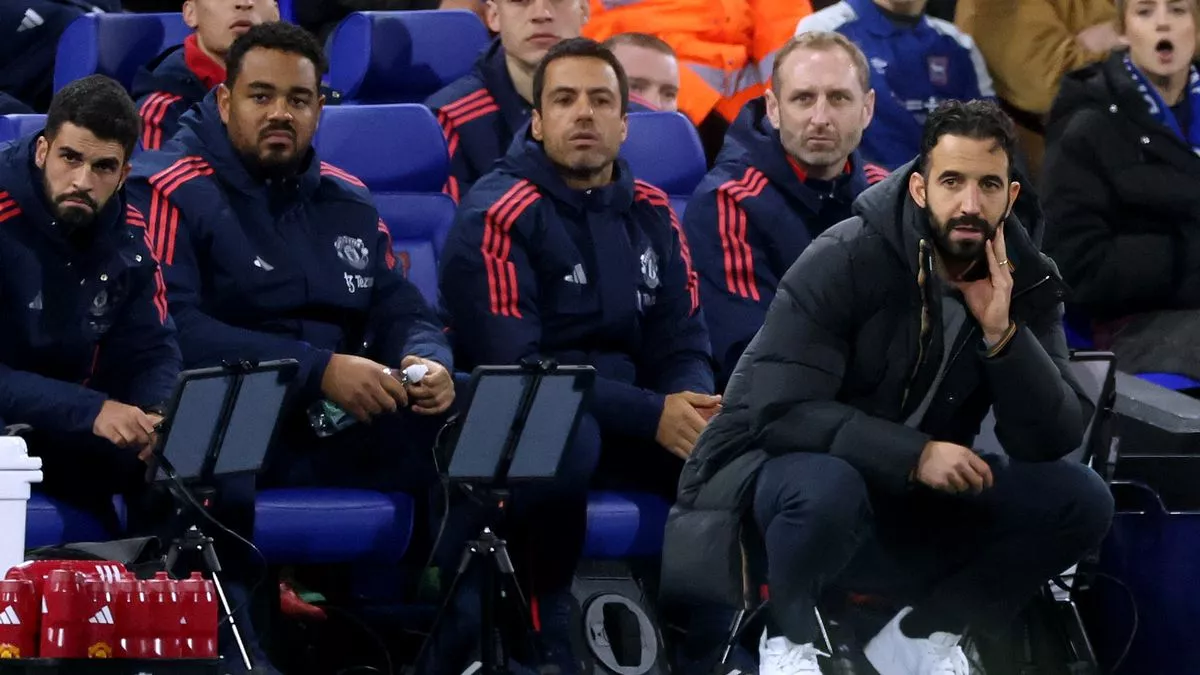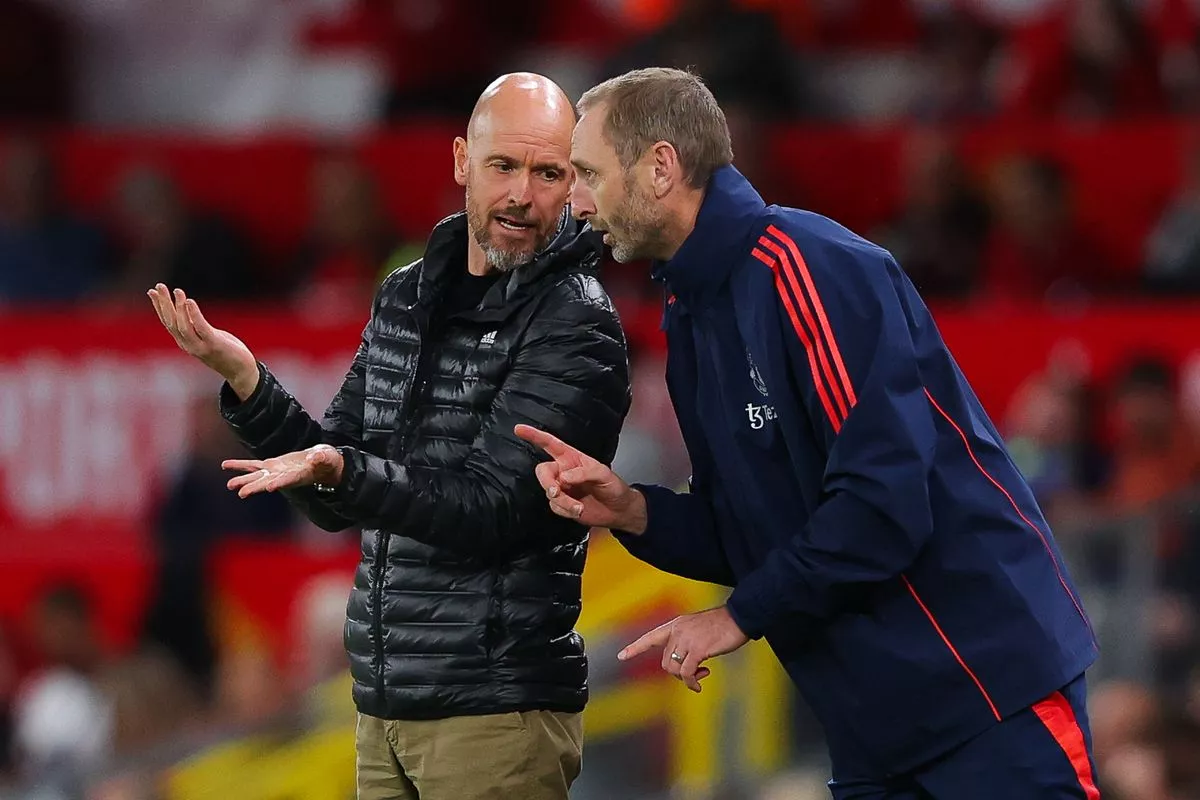One of Erik ten Hag’s key staff members at Manchester United has been removed from a significant responsibility by the new head coach, Ruben Amorim. This change marks one of several adjustments Amorim has implemented since taking over during the international break. Amorim replaced Ten Hag, bringing five members of his coaching team from Sporting Lisbon. As a result, several of Ten Hag’s assistants—Ruud van Nistelrooy, Rene Hake, Jelle ten Rouwelaar, and Pieter Morel—were dismissed from their roles.

The only coaches retained from the previous setup are Darren Fletcher and Andreas Georgson, along with assistant goalkeeper coach Craig Mawson. Amorim has managed just one match so far—a draw against Ipswich Town in the Championship—and his second match will be against Bodo/Glimt in the Europa League.
Amorim has already made substantial changes to the coaching structure. Reports indicate that Andreas Georgson, who was primarily responsible for overseeing set pieces under Ten Hag, has had that duty reassigned. The role is now being handled by Carlos Fernandes and Adelio Candido, who were part of Amorim’s incoming team. During the warm-up for the Ipswich match, Fernandes and Candido led the set-piece drills. Throughout the game, Fernandes actively directed instructions for both attacking and defensive set pieces from the technical area.

Georgson’s involvement during the Ipswich game was largely limited to liaising with the fourth official, particularly after a fire drill at Stockley Park disrupted VAR functionality for six minutes. Despite the changes, Manchester United have stated that both Georgson and Fletcher remain integral to the first-team coaching setup, though their exact roles under Amorim remain unclear.
Amorim expressed frustration following the draw against Ipswich, a game United could have lost. He acknowledged that the players are struggling to adapt to the new tactical approach due to its significant departure from Ten Hag’s style. He explained that the adjustments require players to think differently, such as prioritizing backward passes over the more direct forward approach they were used to.
Amorim admitted that implementing a new system mid-season comes with risks but emphasized the importance of starting the transition immediately. He reasoned that postponing the changes would only perpetuate the same problems in the future. By beginning the process now, he believes the team will be better prepared for the challenges of next season, even if it means enduring some short-term difficulties.